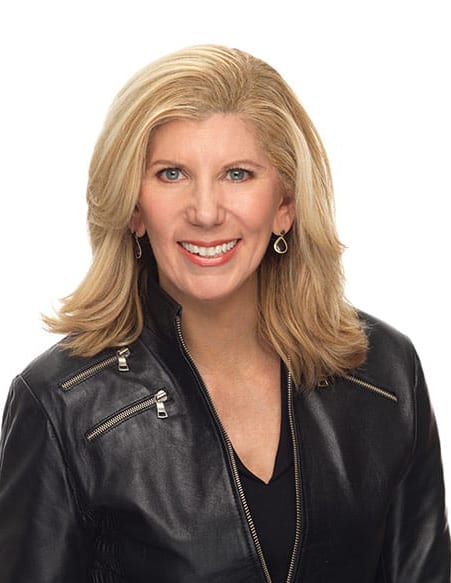 At Davos, it is sometimes the event you walk into alone with no expectations that turns out to be the most thought-provoking, and last week’s Harvard Business Review dinner at the World Economic Forum’s Annual Meeting was just that. I signed up for the event because I truly enjoyed Bill George’s book, “True North.” Little did I know I would end up seated among a table of Harvard University graduates and next to the Dean of the Harvard Business School, Nitin Nohria, who was inspirational and a fearless listener.
At Davos, it is sometimes the event you walk into alone with no expectations that turns out to be the most thought-provoking, and last week’s Harvard Business Review dinner at the World Economic Forum’s Annual Meeting was just that. I signed up for the event because I truly enjoyed Bill George’s book, “True North.” Little did I know I would end up seated among a table of Harvard University graduates and next to the Dean of the Harvard Business School, Nitin Nohria, who was inspirational and a fearless listener.
Our table was comprised of very international, exceptionally intelligent individuals (which seems to be a given considering the University’s alumni). We debated the difference between humility and self-awareness and agreed on the importance of confidence and a strong moral foundation. We discussed the topic of what makes a leader, and the notion that different attributes can compose different types of leaders, particularly those meant to innovate a company and others meant to execute a strong strategy. We also talked about how true values are often solidified when faced with pain.
Author Bill George elaborated on that concept by sharing the results of his research, which found that every leader is different. He said, “What do you think about people if you give them a task? If you think they are good people who can do the work, it sets a tone. Belief, values and principles is your true north.”
The millennials in the room brought forth the concept of spirituality and then refined it. They felt a leader needs resilience, purpose, fear and love. They defined love as the need for a leader they knew to personally care for them. They wanted a real sense of empathy, compassion and spirit. They also believed that some level of narcissism is important attribute for an effective leader.
Can all these things exist in the imperfect “perfect” leader (click to tweet)? There is a lot to ponder on this topic, but it all does come back to authenticity. As George smartly pointed out, the smartest person in the room does not always make the best leader—but knowing who you are and accepting yourself, flaws and all, is the emotional quotient of the leadership equation.



